Every dog owner has, at some point, raised an eyebrow at their furry friend's curious behaviors. From the joyous mud-rolling escapades to the nose-to-butt greetings, our canine companions certainly have their unique ways of experiencing the world. Yet, of all the quirky doggy deeds, one stands out as particularly perplexing: the consumption of poop. Why would our beloved pets indulge in such a seemingly unsavory act? Dive in with us as we unravel this mystery, uncovering the reasons behind this behavior and offering insights on how to prevent it.

Understanding Coprophagia
Have you ever come across the term 'coprophagia'? [kop–ruh-fey-jee-uh] It might sound like a complex scientific phenomenon, but in essence, it's the act of consuming feces. And while it might make us wrinkle our noses in distaste, it's a behavior not uncommon in the animal kingdom.
In a study involving more than 1,500 dogs, an intriguing discovery was made: approximately 23% of these dogs had eaten poop at least once in their lives. This statistic challenges the notion that this behavior is merely an anomaly. Instead, it's prevalent enough to warrant a deeper understanding. So, what drives our four-legged friends to partake in coprophagia?

Normal Reasons for Dogs to Eat Poop
Taste and Texture
While it's a tough pill for us to swallow, many dogs genuinely enjoy the taste of feces. Their olfactory and gustatory senses are wired differently from ours. Their acute sense of smell and taste allows them to detect undigested bits of food in feces, which might seem appetizing to them. But, while some dogs are attracted to the undigested bits in feces, offering them high-quality, delicious treats like can be a much healthier alternative and a step in the right direction. What's more, some dogs have shown a clear preference for specific types of stools. For instance, many seem to favor fresher stools, which are less than two days old.
Motherly Instincts
Nature has its way of ensuring the safety and cleanliness of newborn animals. Mother dogs instinctively consume their puppies' feces. This behavior serves a dual purpose: it keeps the den clean and free from potential pathogens, and it also prevents predators from detecting the presence of the vulnerable young ones. This maternal action is often emulated by the puppies. And while most eventually grow out of this practice as they mature, some might continue with it into their adulthood.
Abnormal Reasons for Dogs to Eat Poop
Sometimes, a dog's inclination to consume feces goes beyond natural instincts or taste preferences. In certain cases, it's an indication of underlying issues that may be of concern.
Medical Conditions
Health problems can occasionally manifest in the form of unusual behaviors, including coprophagia. Here are some potential medical triggers:
- Increased Appetite Diseases: Conditions such as diabetes, thyroid disease, and parasitic infections like worms can enhance appetite, leading dogs to eat feces.
- Changes in Stool: Certain illnesses can alter the odor or consistency of their feces, making it more enticing.
Emotional and Behavioral Causes
Emotions play a pivotal role in shaping behaviors, even in dogs.
- Boredom, Anxiety, or Hunger: A dog left alone for extended periods or one that isn't fed adequately might resort to feces consumption either out of boredom or hunger. Engaging toys and chews can be a life saver, deterring them from unwanted actions. We have a diverse collection of toys that are specifically designed to combat boredom and anxiety as well as problem chewing.
- Attention-Seeking Behavior: Dogs are astute observers of their human companions. They quickly realize that certain actions, like eating poop, garner immediate attention, even if it's negative. Over time, what started as an accidental discovery becomes a deliberate act to get noticed.
It's crucial to observe and understand the triggers for your dog, as these abnormal reasons often warrant professional intervention or changes in their care routine.
Enrichment Products Used to Reduce Anxiety/Boredom

When it comes to preventing your dog from eating poop, providing engaging toys and activities can be a game-changer. Let's explore some effective options:
Durable Rubber Feeder Toys are an excellent choice for keeping your furry friend occupied. These versatile rubber enrichment toys offer several benefits:
- Can be filled with treats or kibble for extended playtime
- Provide mental stimulation, reducing boredom-related behaviors
- Help redirect your dog's attention from undesirable substances
- Durable enough to withstand heavy chewing

When it comes to preventing your dog from eating poop, providing engaging toys and activities can be a game-changer. Let's explore some effective options:
Another innovative solution to keep your dog engaged is the use of an enrichment lick mat. These textured mats can be spread with soft food or treats, creating a tasty and time-consuming activity for your dog. The act of licking can have a calming effect on dogs, potentially reducing anxiety and unwanted behaviors. By providing your pup with this kind of mental stimulation, you're helping to keep their mind off less desirable activities.
- Can be spread with soft food or treats for a tasty distraction
- Encourage licking, which can have a calming effect on dogs
- Provide mental stimulation through food puzzles
- May help reduce anxiety and unwanted behaviors

For dogs who need a tougher challenge, consider tough nylon dog toys. These heavy-duty toys are perfect for pups who tend to destroy softer toys quickly. By giving your dog a long-lasting chew toy, you're not only keeping them entertained but also satisfying their natural urge to gnaw. This can be particularly helpful in discouraging them from seeking out inappropriate items to chew on or eat and keeping their minds busy and healthy.
- They're designed for heavy chewers
- Provide long-lasting entertainment
- Help satisfy your dog's natural urge to chew
- Can withstand more intense play sessions

Why Dog Dogs Sniff Butts?
Dog's naturally sniff each others butts as a sort of "say hello". When your dog sniffs another behind, they are not sniffing poop, instead they are reading their life story and catching up on what's new through scent. Dogs secrete pheromones, which are aerosolized hormones, through specialized glands at their backsides and near the ears. Surprisingly, in the case of dogs, sniffing butts is far from rude or obtrusive; in fact, it's a way to get to know each other.
This pheromones that are released by a dog are distinctive to each dog such as as a fingerprint is distinctive to us humans, so when a dog sniffs this area, they get a real noseful of interesting information.
Prevention and Solutions
Discovering that your canine companion indulges in feces consumption can be unsettling, but there are actionable steps to curb or eliminate this behavior. Let's explore some strategies:
1. Training Techniques
Consistent and positive reinforcement-based training can work wonders:
- "Leave It" Command: Training your dog to obey this command can prevent them from eating feces when they encounter it during walks or in the yard.
- Positive Reinforcement: Reward your dog when they ignore or walk away from feces. Use treats, praises, and petting to reinforce this desired behavior.
2. Dietary Considerations
Ensuring your dog's nutritional needs are met can reduce the allure of feces:
- Monitor Meal Times: Keeping a regular feeding schedule can help in managing hunger levels.
- Adequate Portions: Ensure you're providing the right quantity and quality of food. If in doubt, consult with your vet about the best diet for your dog.
- Natural treats can help to fill in the gap between feeding times. We have natural Canadian treats that have zero additives and usually a single source of protein. Take a look through our treats or put together a bundle that makes the most sense for you.
3. Mental and Physical Engagement
A stimulated dog is less likely to engage in undesirable behaviors:
- Toys and Play: Regular play sessions and providing stimulating toys can keep boredom at bay.
- Companionship: If you're away for extended periods, consider a dog walker or sitter to keep your dog company and engaged.
- If your dog loves to play, but needs more toys and treats, you may consider ordering a premium natural dog subscription box to help you keep the toy box stocked without burning a hole in your wallet.
Maintaining a Clean Environment
Minimize temptation by keeping their surroundings clean:
- Prompt Cleanup: Regularly clean up after your dog, especially in areas they frequent.
- Distract and Redirect: If your dog tends to go for feces during walks, consider carrying a toy or treat to divert their attention.
Why Do Dogs Eat Poop?
Dogs, with their curious behaviors and quirks, never cease to amaze and occasionally baffle us. While the act of consuming feces can be particularly hard for us to comprehend, understanding the underlying motivations – whether natural or a signal of a broader issue – is essential. By gaining insight into the reasons behind coprophagia and implementing preventive measures, you can ensure a happier, healthier environment for your canine companion.
Moreover, remember that every dog is unique. While some strategies might work wonders for one dog, they might not be as effective for another. Patience, observation, and consistent efforts are key. And, if ever in doubt, seeking professional guidance is always a good step.
So, the next time you find your furry friend eyeing that piece of poop, you'll be well-equipped with knowledge and solutions to guide them towards better choices.
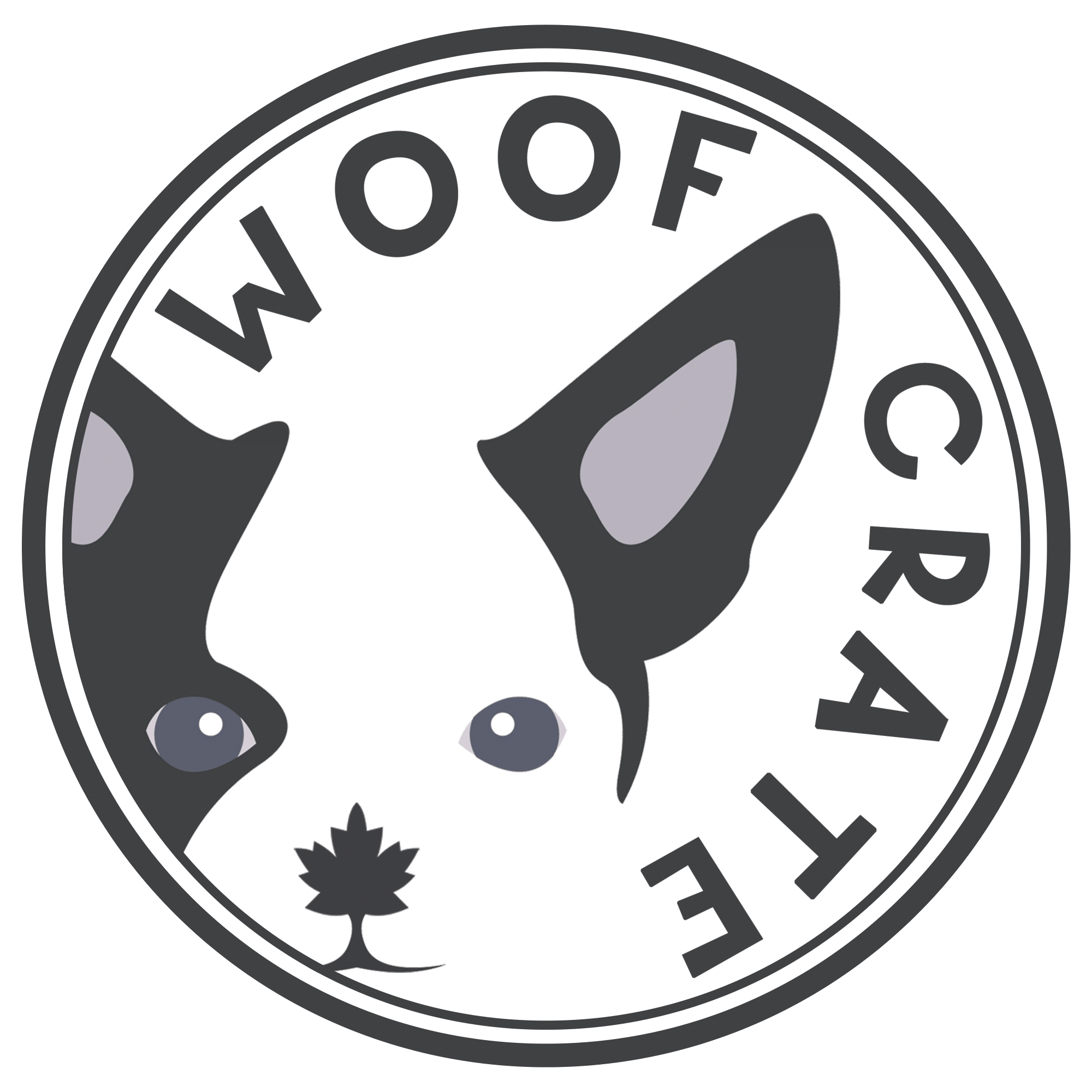
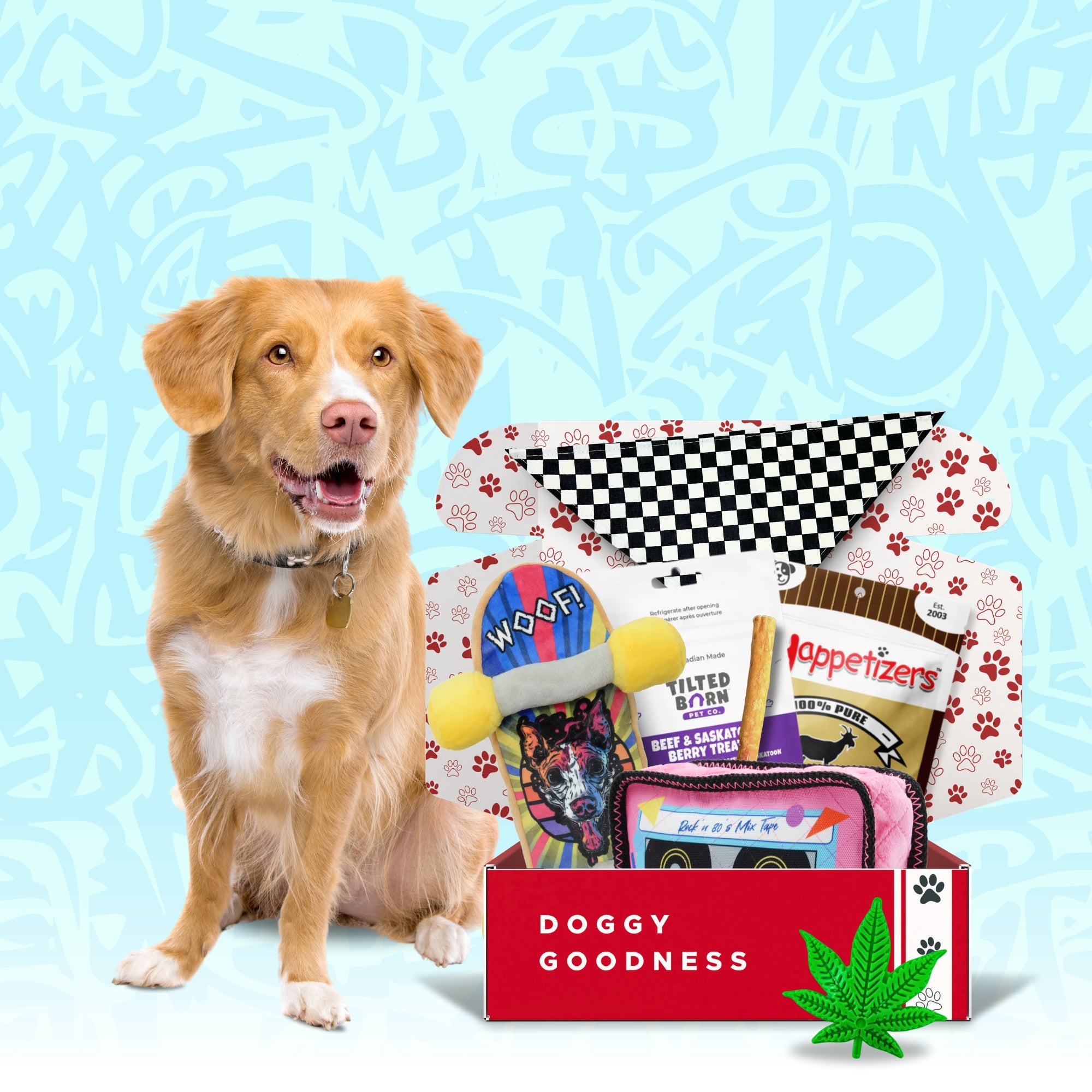
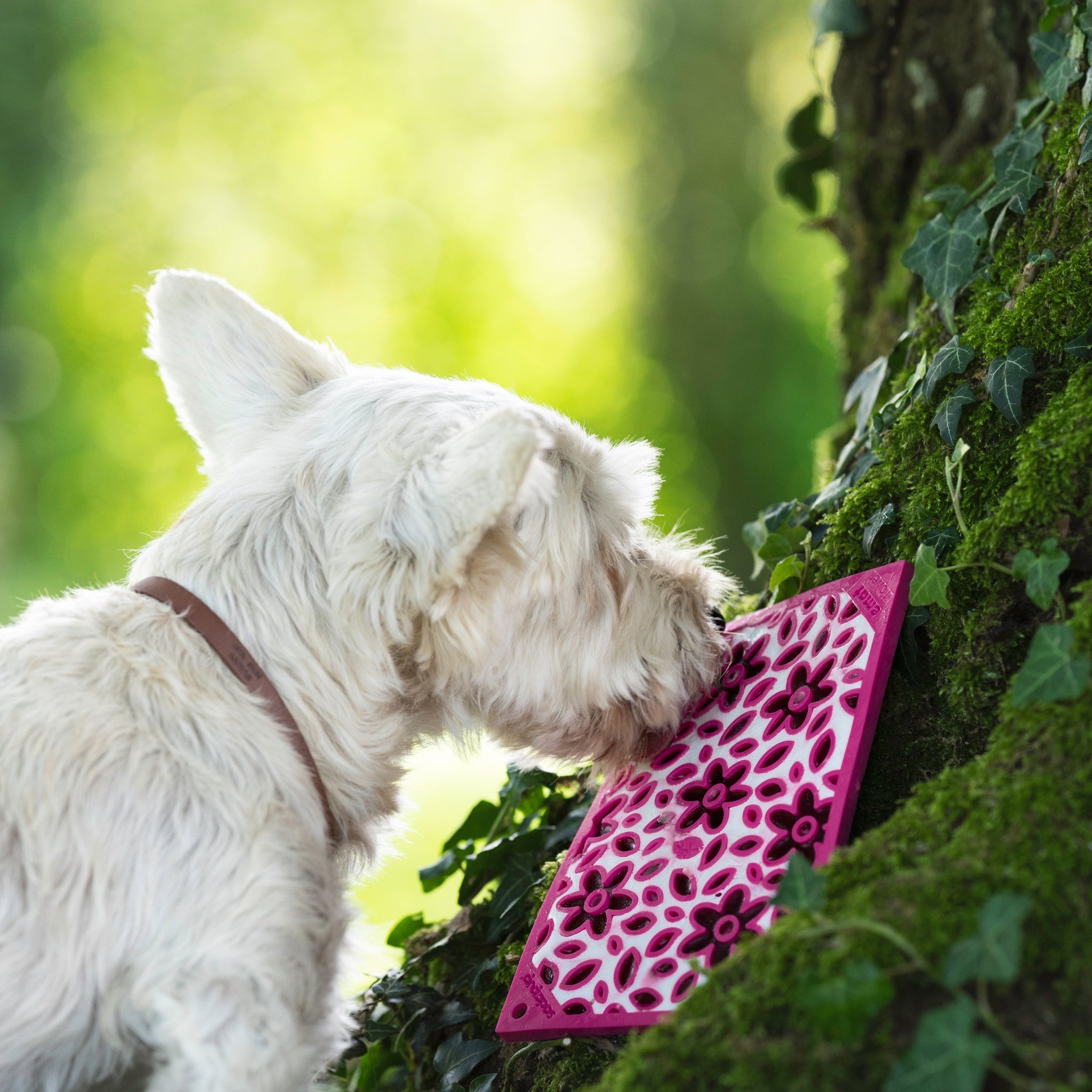
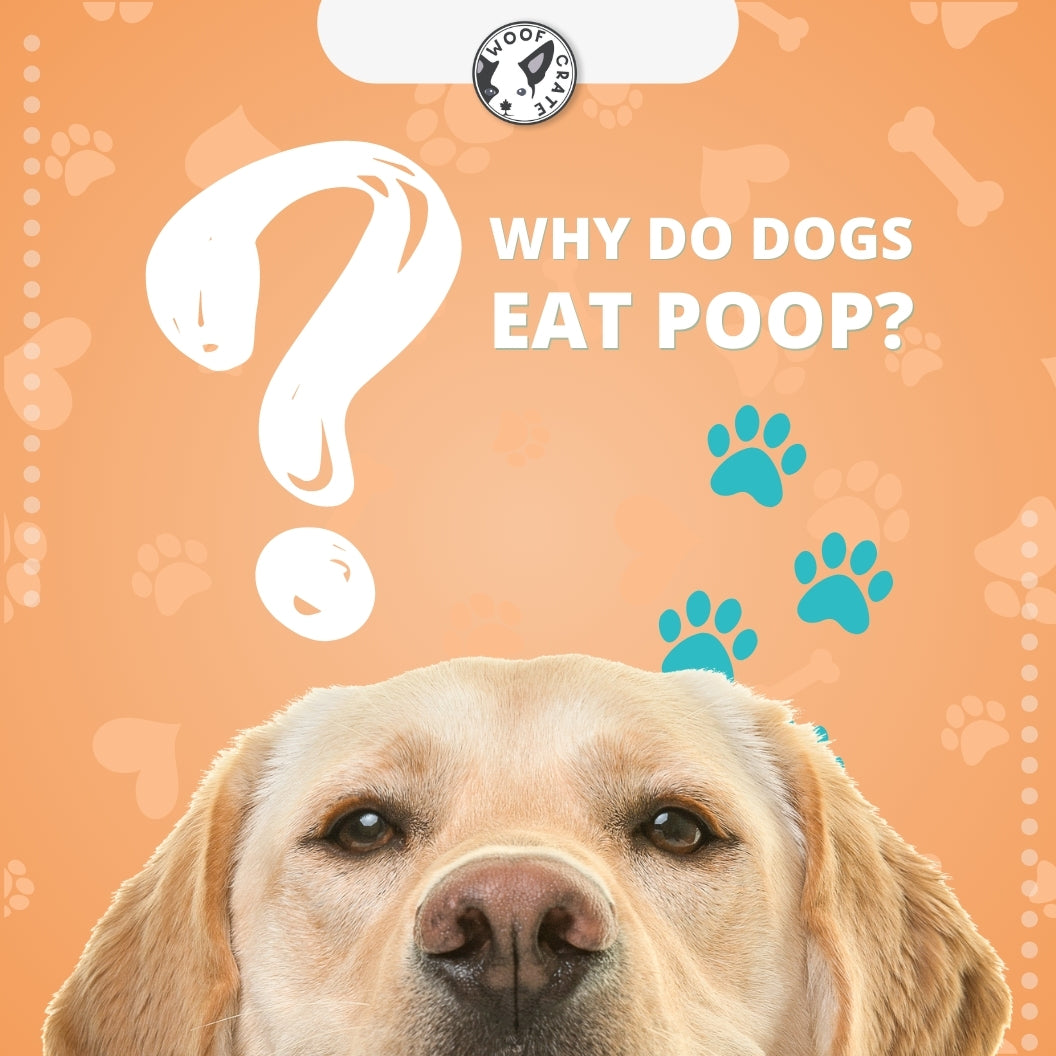
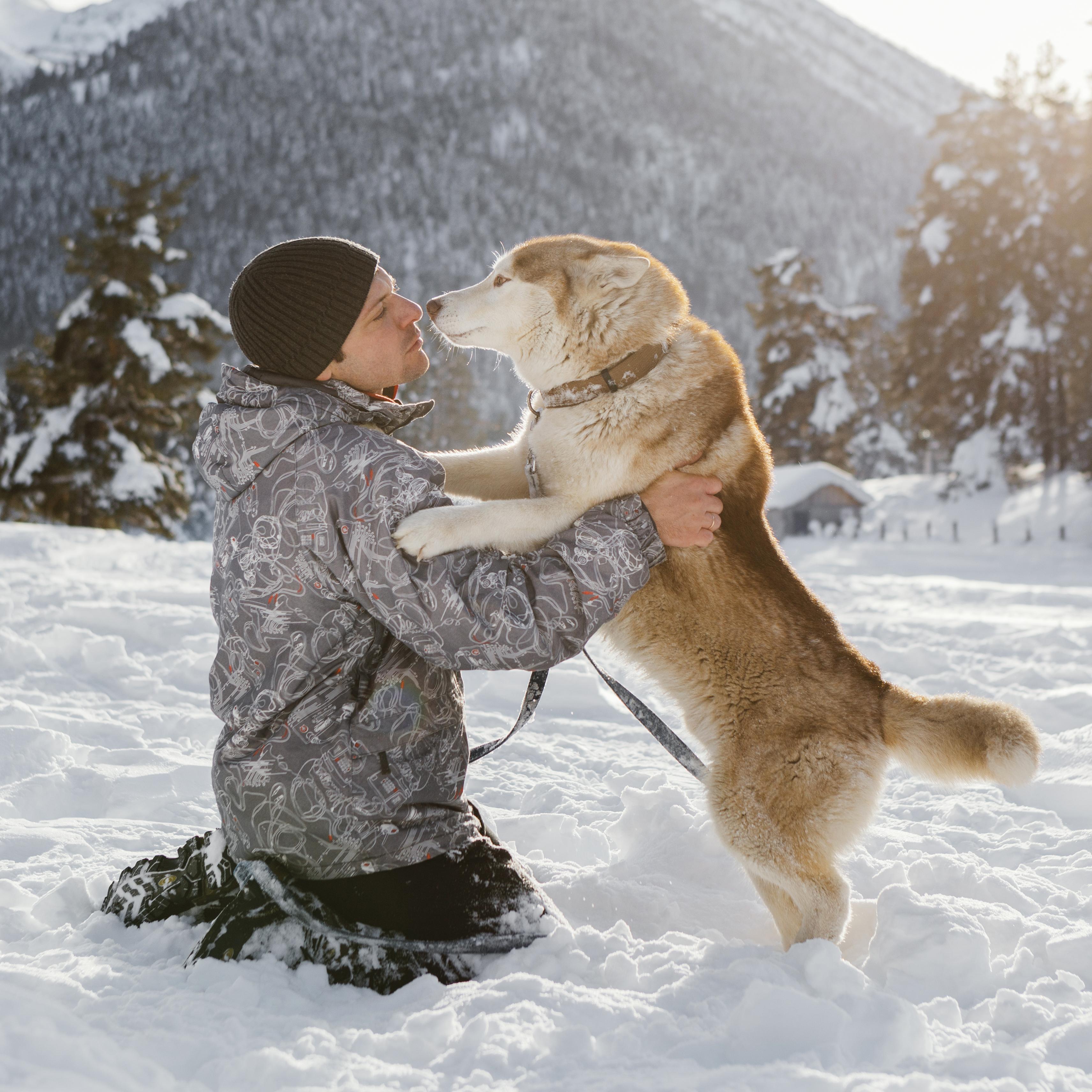
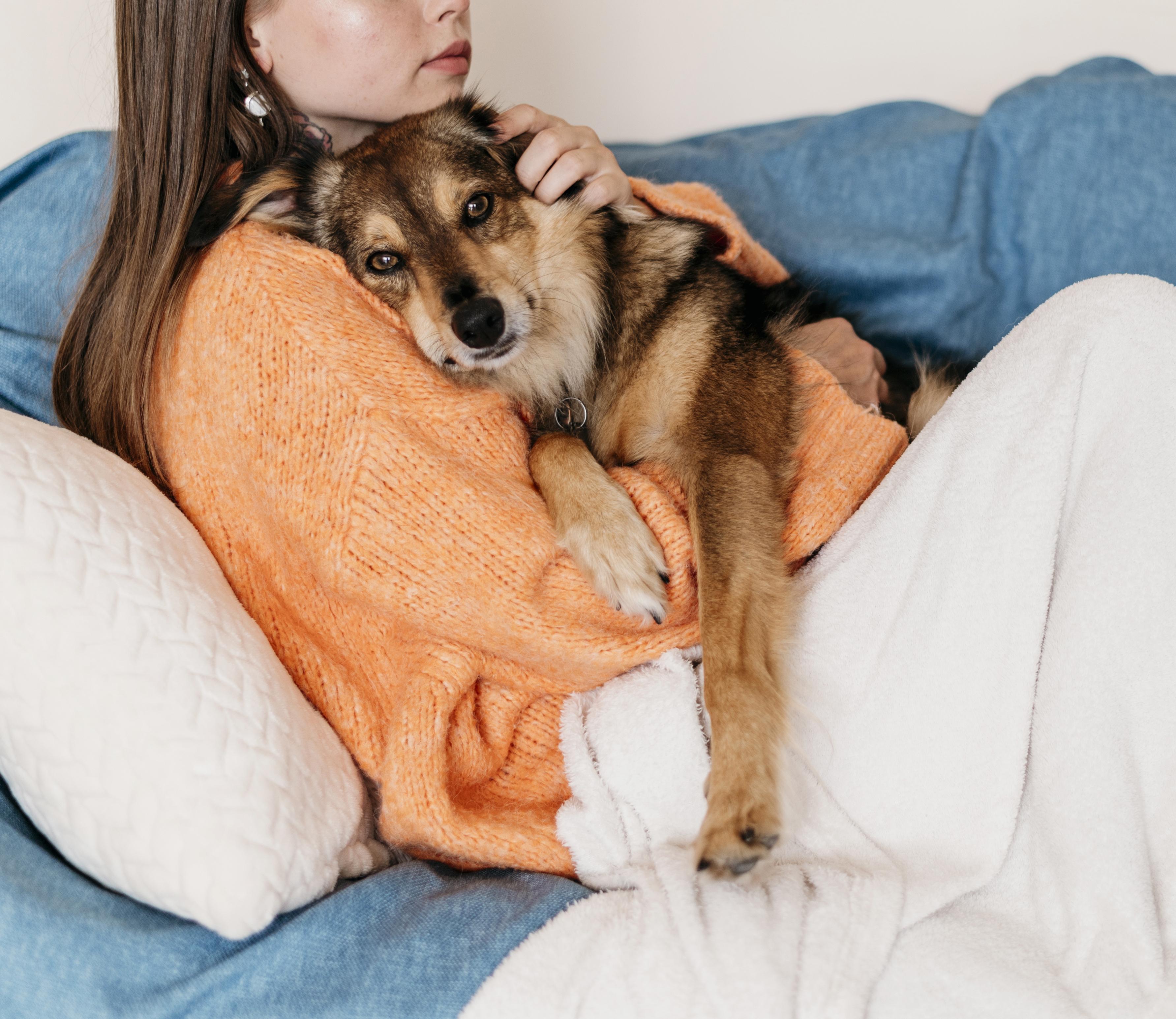
Leave a comment
All comments are moderated before being published.
This site is protected by hCaptcha and the hCaptcha Privacy Policy and Terms of Service apply.